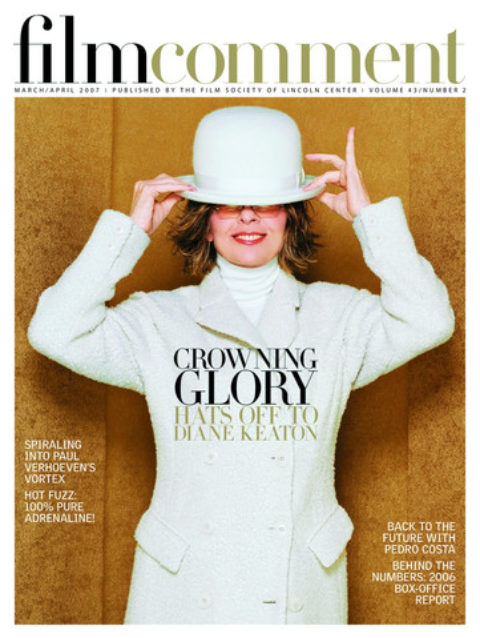
The film begins in the aftermath of a car crash, and in so doing establishes its primary structural principle: the edit as ellipsis. Every cut in any film necessarily deletes something and moves things along, but in Valeska Grisebach’s moody meditation on bad love there are entire events—important elements—deliberately excised from the story’s flow. To underscore the significance of these obliterated moments, the narrative hinges on an act of infidelity that the audience does not see, and that the protagonist does not remember. Up until that point Markus (Andreas Müller) has been living a quiet rural life, running his machine shop, volunteering with the local fire company, and passionately loving his passionate and lovely wife (Ilka Welz). When his crew travels to a nearby town to meet and greet with fellow firefighters, he encounters the waitress (Anett Dornbusch) who will serve him the food and alcohol that leads him into his blacked-out night of debauchery (or so we can only assume). There is nary a hint of the illicit or immoral in any of this (no femme fatale, no ladykiller); it’s just simple, kindhearted folk making bad choices. Grisebach based the story on extensive interviews she conducted on the subject of love and “longing,” and then cast nonprofessional actors (who are uniformly remarkable) to enact the resulting minimalist tale of woe. The restrained visual style (you could almost call it icy) conveys an all but clinical objectivity—there are numerous segments in the film that could easily pass as documentary. And the rabbit? He’s a gentle, cuddly thing who would never harm a fly. And he lives in a tiny cage.
Sales Agent: [email protected]








